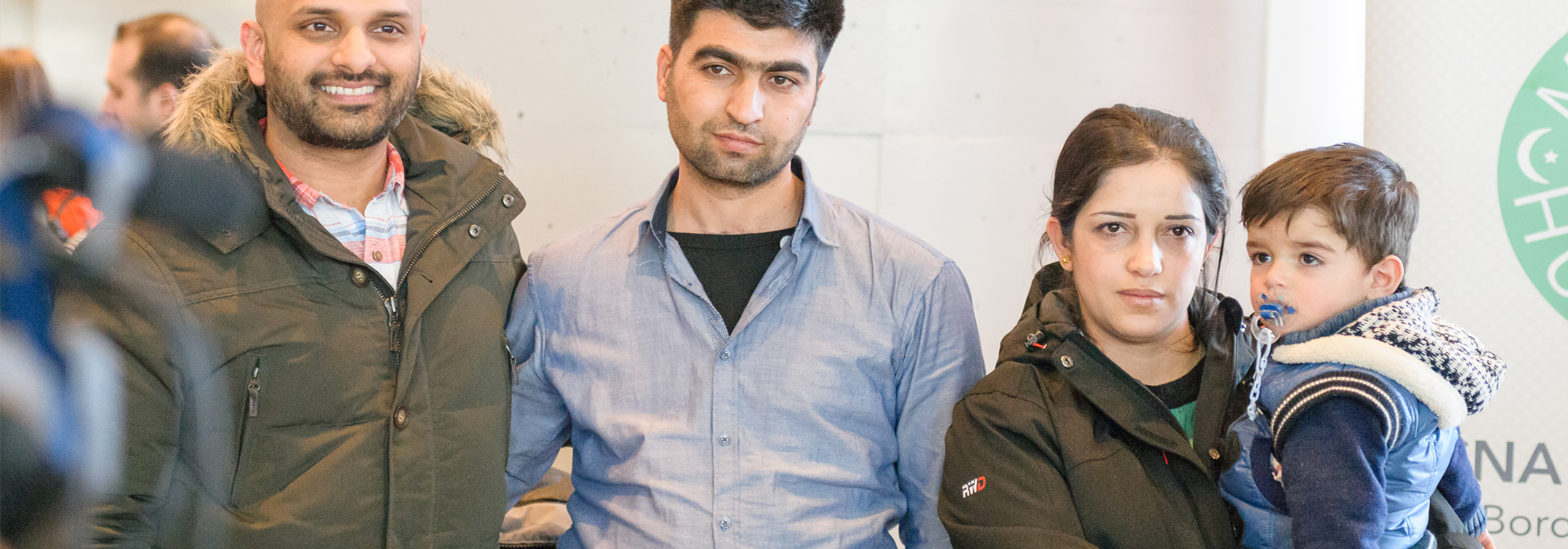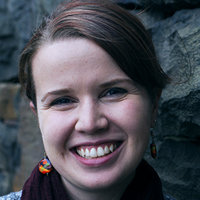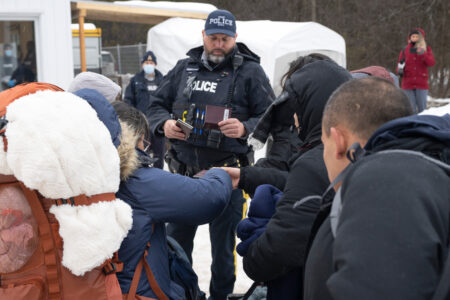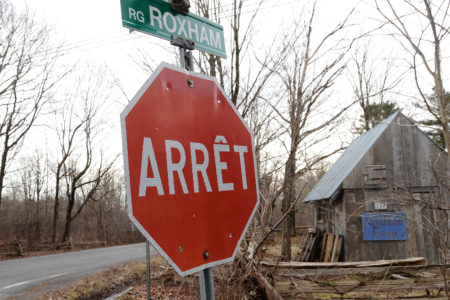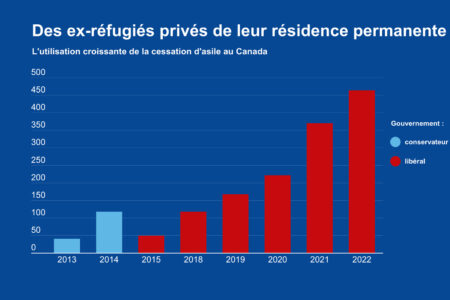
Today 65.8 million people are displaced around the world. Canada has long taken in refugees, including a large group fleeing the Syrian civil war who were invited to Canada in 2016. These newcomers were settled in communities across the country.
Within the first year of Canada’s commitment to resettle 25,000 Syrian refugees, Nova Scotia received 1,475 Syrian people — almost five times the usual number of refugees who are settled in the province each year. Such a large influx shone a light on the services available for newcomers in the Halifax Regional Municipality (HRM). With over half of all refugees under 18 when they arrive, it is important to look into whether these young people are receiving the support and resettlement services they need.
As part of my PhD research, I have been interviewing people across Halifax who serve newcomer youth. My work has focused on identifying where the resources for this population exist in our city. What I see is a gap in federal immigration policy relating to newcomer young people. There is no directive, no national mandate, that addresses their needs specifically through the resettlement process. At the provincial level, this means that resettlement supports for young people are left to each resettlement agency’s discretion. This policy vacuum does not allow for a national standard of excellence in serving refugee children and youth. Outside of mentions in the Immigration and Refugee Protection Act relating to unaccompanied minors and asylum seekers, refugee children and youth are addressed only as part of their family units. Services follow this pattern.
The services that do exist to help refugees are often disjointed. Even in a small city such as Halifax, the disconnect between various forms of service provision remains a significant problem. The YMCA Immigration Services play a big part in serving refugee children and youth in the HRM, and their staff are committed and passionate. One major function the YMCA fulfills is school settlement support, ensuring that schools in the HRM are staffed with settlement workers who can support newcomers in registering and settling into a new school system. Of course, the needs of newcomer youth go beyond the classroom. Adequate language and cultural literacy training, opportunities to engage with the community and with other young people their age, appropriate mental health support and employment opportunities are just a few of their needs.
My research looked for more informal supports in the community that might be geared to these newcomer youth. I found that the traditional youth-serving organizations do not have a specific newcomer focus in any of their programs. While most stated that newcomers can be part of the youth that they serve, there is no policy or programming directing staff or volunteers on how to engage with refugee youth. It may not be necessary to create new organizations to promote integration of newcomers; rather, we can optimize and improve upon current services. Developing cultural competency — building intercultural communication and relational skills in the wider community services — is an important step toward this goal.
The service providers whom I interviewed repeatedly praised these young people as showing incredible resilience throughout their difficult, and sometimes traumatic, experiences of leaving home and coming to Canada. Resilience is an important concept when discussing services and supports for young people, but it is not always well understood. A young person’s resilience is not merely a personality trait but a combination of the personal and social resources that can positively impact their well-being. This interpretation allows us to consider the capacity of individuals both to navigate their way to the psychological, social, cultural and physical resources that sustain their well-being, and to negotiate for these resources to be provided and experienced in culturally meaningful ways.
Creating space for young refugees’ engagement means providing opportunities for them to be involved in the design or implementation of programs intended for them.
The idea that resilience is something that an individual has rather than a continually evolving process that is facilitated by families, schools, communities and governments has been criticized for oversimplifying the often complex reality of young people in adversity. Engaging with newcomer young people has the potential to build their resilience by empowering them as contributors to the resettlement process that is ultimately meant to support them.
Decisions about resettlement services are almost always made without the meaningful engagement of young people. Creating space for youth engagement means providing opportunities for young people to be involved not just as recipients of support but in the design or implementation of programs intended for them. Engaging young people does not mean it is left “up to them” to solve the challenges they face; rather, a partnership is formed that can bring together everyone’s strengths and abilities. This form of engagement focuses on the positive contribution that young people can make while also considering the various cultural norms and expectations that all young people bring to the table. Young people are then able to see that their input can make a difference, and that they can play a part in improving their community.
Involving refugee young people in assessing and developing resettlement resources and services will help make programs more effective. When the supports that Canada offers are better tuned to refugee young people, these programs will be more successful in allowing them to become contributing members of Canada’s society.
Provinces and municipalities have an opportunity to involve thoughtful, strong and influential young people in shaping relevant resettlement supports that really reach young people where they are. We need to engage with refugee young people and hear what they have to say.
Photo: Shutterstock, by staceynewman.
Do you have something to say about the article you just read? Be part of the Policy Options discussion, and send in your own submission. Here is a link on how to do it. | Souhaitez-vous réagir à cet article ? Joignez-vous aux débats d’Options politiques et soumettez-nous votre texte en suivant ces directives.



